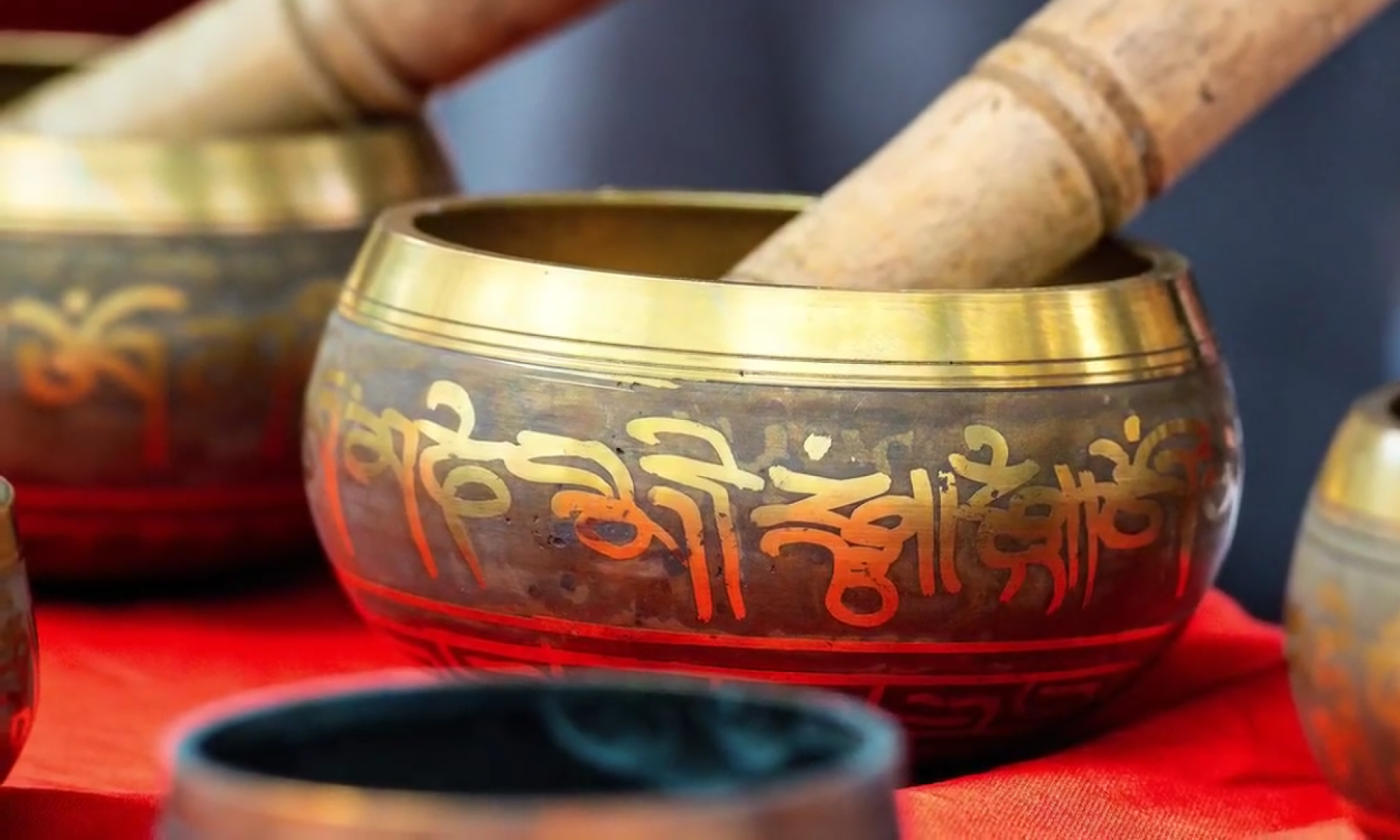 The Joy of No Sex
The Buddha taught that sexual activity is part and parcel of craving (kama-tanha, the craving for sensuality), described in the second noble truth as the cause of suffering, a source of clinging and attachment (upadana, or attachment to sensual pleasure), a hindrance to meditation and a fetter or obstruction to liberation. More obstructive than the object of desire itself is the mental activity we generate around it–the constant thinking and planning and anticipation about how we get the goods. When sex is involved, kama-tanha is a given. When sex is not involved, it can be easier to see how kama-tanha takes over. – Mary Talbot, “The Joy of No Sex” Click here to learn how you can receive a 30 minute Mindfulness Break in your home. |
|
May you be free from suffering and the causes of suffering! All my best,
|
Mini Mindfulness Break for August 11, 2019
 On Not Elevating Oneself
One of the worst kinds of elevation of the self is playing the victim. There are times when we actually are victims, when actual blame is appropriate, but to take on the identity of a victim and be stuck blaming is something else. Surprisingly, it is actually a subtle form of elevation–I’m not responsible, you are. This is giving up all freedom. I think the reason that remarkable stories of forgiveness take our breath away is that we instantly feel the liberation in the lifting of boundaries, the end of separation, of ‘inside’ and ‘outside.’ – Nancy Baker, “The Seventh Zen Precept” Click here to learn how you can receive a 30 minute Mindfulness Break in your home. |
|
May you be free from suffering and the causes of suffering! All my best,
|
Mini Mindfulness Break for July 31, 2019
 The Antidote is Right Here
Liberation does not come when you conquer your ego, silence it, or through repression and denial get it to behave ‘properly.’ Liberation comes when we release our attachment to the habitual conditioned nature and structure of our temporary egos. – Jun Po Denis Kelly Roshi, “Liberation” Click here to learn how you can receive a 30 minute Mindfulness Break in your home. |
|
May you be free from suffering and the causes of suffering! All my best,
|
Mini Mindfulness Break for June 08, 2019
 Liberation Through Suffering
Liberation Through Suffering – Willoughby Britton, ” Meditation Nation “ Click here to learn how you can receive a 30 minute Mindfulness Break in your home. |
|
May you be free from suffering and the causes of suffering! All my best,
|
Mini Mindfulness Break for April 14, 2019
 Enlightened Devotion
Devotion (saddha) that develops from a deep understanding of the dharma and a heartfelt appreciation of the wisdom and compassion of the Buddha is not blind faith but rather a key factor in the “balance of faculties” necessary for final liberation. – Asoka Bandarage, “Visiting the Four Sacred Sites “ |
|
May you be free from suffering and the causes of suffering! All my best,
|
Mini Mindfulness Break for March 11, 2019
 Last year, I finally made the connection between the Zen Teachings of Father Eli and Zen Master Thich Nhat Hanh. I began reading my notes from 1973 and 1974, all carefully preserved in two three-inch binders. As I read my notes, it began to dawn on me that the two masters were teaching the same basic ideas on life, liberation and happiness.
– Jerome Freedman, Mindfulness Breaks: Your Path to AwakeningSee more: follow the link in the bio. |
|
May you be free from suffering and the causes of suffering! All my best,
|











